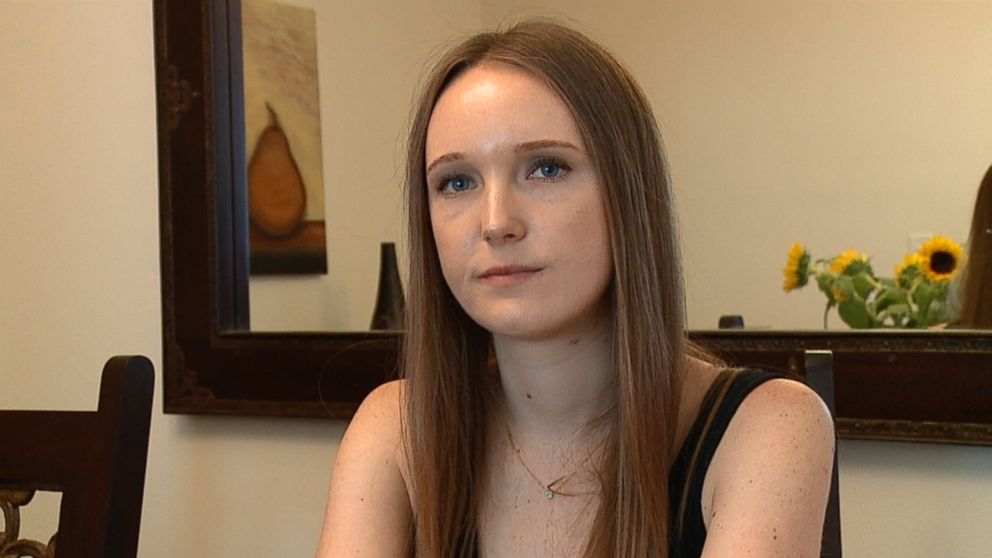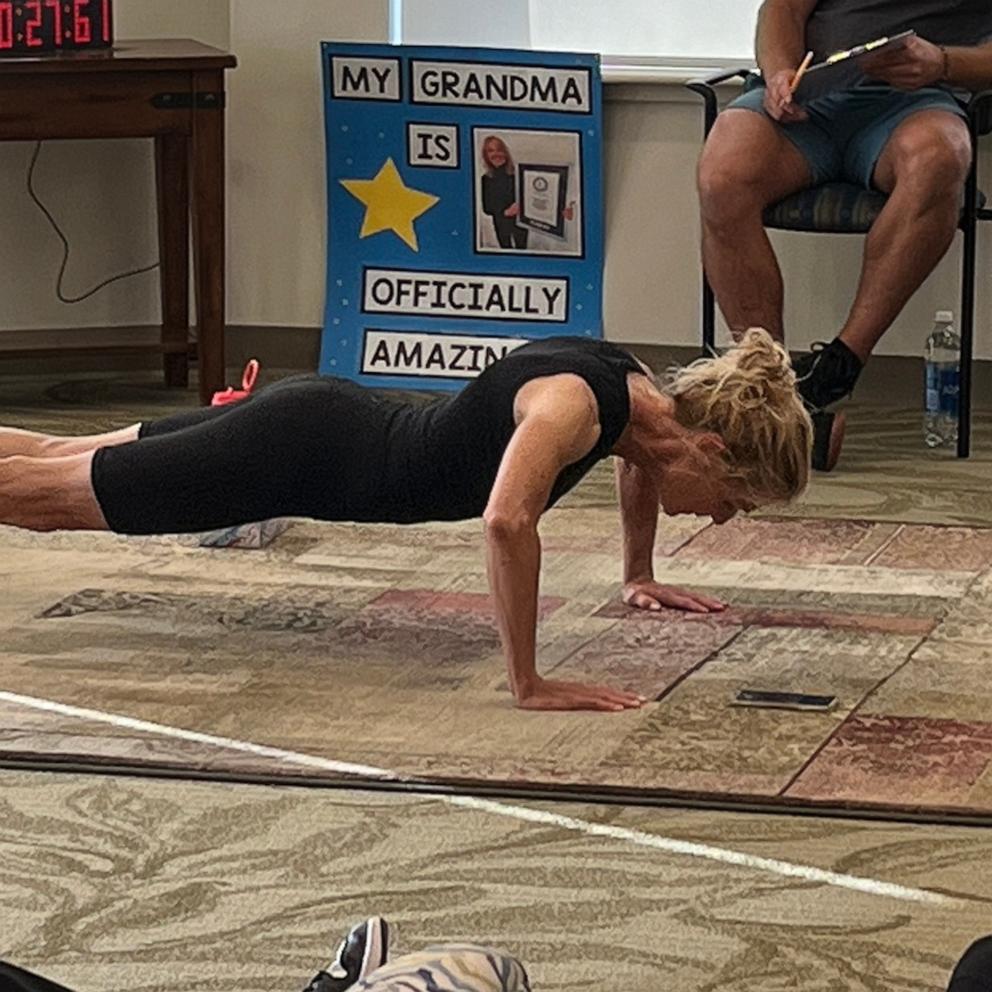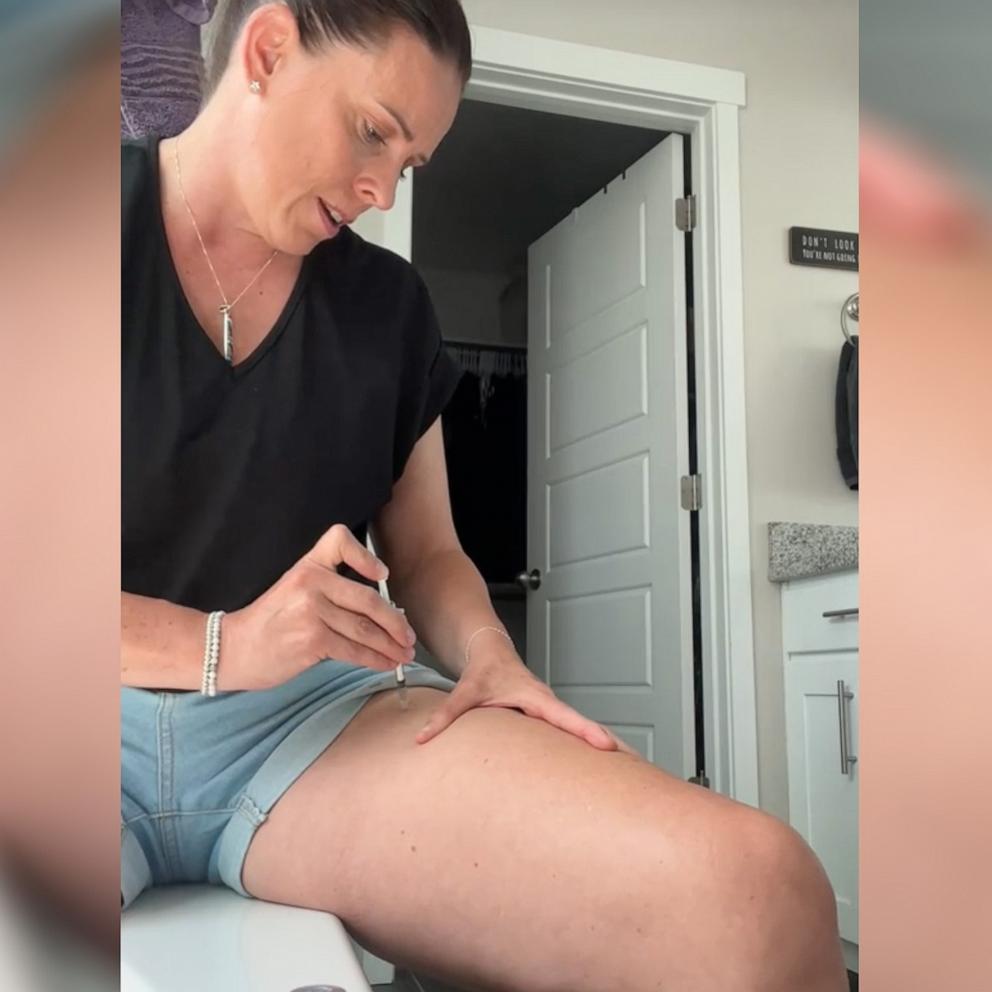When an Obsession With Healthy Eating Becomes a Dangerous Risk
— -- It was 8 a.m. in Santa Monica, California, and Jenni Victor was meticulously preparing breakfast, one of the many struggles with food she will face that day.
“I like my food to look pretty, which is not always the case,” she said. “If something doesn’t come out the way I want it to, or it looks unappetizing to me, I will just throw it away.”
Victor was trying to fry eggs, when she got frustrated and slammed the pan back down on the stove, because she hated the way the yolks looked.
“A major fail,” she said. “[The eggs are] still perfectly healthy, but I know if I eat it, it’s not going to be appetizing to me, so I’ll just do it again.”
The 23-year-old’s battle with extreme perfectionism around food and compulsive attention to every morsel has morphed into a full-blown eating disorder called “orthorexia nervosa,” which means “an obsession with righteous eating.”
“Orthorexia has taken a huge toll on my body,” Victor said. “I recently found out that I have adrenal fatigue and an underactive thyroid and I haven’t had a period in almost a year.”
In a nation where one-thirds of adults are obese, Victor has an obsession with making sure her food is as healthy and pure as possible – to the point where she won’t eat it if it’s not perfect.
“When you have Orthorexia, every single day is full of anxiety over food,” she said. “From the moment you wake up to the moment you go to bed, you’re thinking about food. Your day is literally consumed with thoughts of food.”
For Victor, every bite causes inner turmoil.
“I’m scared of gluten, I’m scared of grains, sugar has become another thing I’m trying not to eat very much of,” she said. “Even eating a sweet potato for breakfast, I’m wondering how much sugar is in it.”
Victor was 17 years old when her eating disorder began taking over her thoughts. Six years later, every day is still a battle, every meal is fraught with anxiety. Her mother Tracy Victor, whom her daughter still lives with, said she found it baffling.
“I remember taking her to doctors’ appointments because she stopped menstruating,” Tracy said. “They all took me aside to another room without Jennifer and was like ‘you know she’s anorexic, you know she has an eating disorder’ and I was like, ‘I’m her mother, I see her eat.’”
Dr. Jennifer Ashton, a practicing OBGYN and senior medical contributor for ABC News, says there can be “confusion” with recognizing Orthorexia.
“A lot of people who take this type of eating pattern to an extreme can become malnourished, can become underweight or cachectic, and therefore a lot of the signs and symptoms with anorexia nervosa or bulimia can actually overlap with Orthorexia,” Ashton said.
Victor posts pictures of her meals regularly to her Instagram account, a social space that has become a support community for her.
“Instagramming has been actually really amazing for me,” she said. “It’s connected me to a lot of other like-minded people, people who are also suffering from eating disorders. I’ve connected with a few girls I would have never been able to meet otherwise.”
In fact, Orthorexia has taken on a life of its own on social media. The hashtag #orthorexia has over 40,000 tags on Instagram from around the world, connected to a flood of unappetizing photos of meals.
But Ashton says people posting obsessively about each and every bite they eat can signal a much larger problem.




